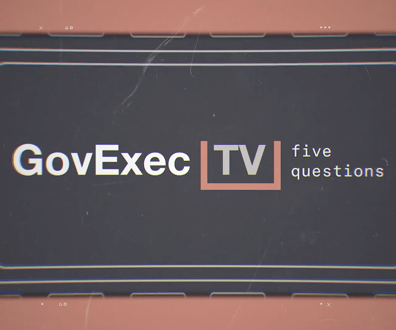Justice, EEOC Release Guide To Prevent AI Discrimination

SEAN GLADWELL/Getty Images
A new document builds on burgeoning EEOC regulations to prevent biases in AI technology in the workplace.
Federal law enforcement and oversight agencies launched a new resource to better document disability discrimination in hiring processes that utilize artificial intelligence.
Announced by the U.S. Equal Employment Opportunity Commission and the U.S. Department of Justice, a document dubbed “The Americans with Disabilities Act and the Use of Software, Algorithms and Artificial Intelligence to Assess Job Applicants and Employees,” will help job seekers and employers be aware of potential discrimination in AI recruiting technology.
The document works with existing ADA requirements and laws to spotlight commonplace issued seen in AI software, and helps businesses reduce discriminatory hiring practices.
“At the Justice Department we are committed to using the ADA to address the barriers that stand in the way of people with disabilities who are seeking to enter the job market,” Assistant Attorney General for Civil Rights Kristen Clark told reporters. “Employers have been increasingly trying to hire technologies that use algorithms and artificial intelligence to help them select new employees, monitor performance and determine pay or promotions. And if technology continues to rapidly advance, so too must our enforcement efforts to ensure that people with disabilities are not marginalized and left behind in the digital world.”
Officials alongside Clark said over 80% of employers in the U.S. are beginning to use AI technology in some capacity, and the new document proactively works to ensure newer software is screened for potential algorithmic biases.
“Employers may turn to these tools thinking that algorithms or Al can prevent discrimination by removing potential biases that humans may bring to the decision making process, but in fact they are using such technologies in ways that may actually lead to discriminatory hiring decisions,” Clark added.
The technical assistance document focuses on areas like instructing employers to design a system to safeguard algorithmic decision-making from abuses, clarifying obligations under the ADA, and offers help for job seekers who feel they may have been discriminated against.
“New technologies should not become new ways to discriminate. If employers are aware of the ways AI and other technologies can discriminate against persons with disabilities, they can take steps to prevent it,” said EEOC Chair Charlotte A. Burrows. “As a nation, we can come together to create workplaces where all employees are treated fairly. This new technical assistance document will help ensure that persons with disabilities are included in the employment opportunities of the future.”
AI and machine learning technologies have proven to be potentially discriminatory depending on the software input information. Previously, the EEOC launched a training program to help professionals effectively screen for biased AI algorithms in hiring and promotion decisions.






